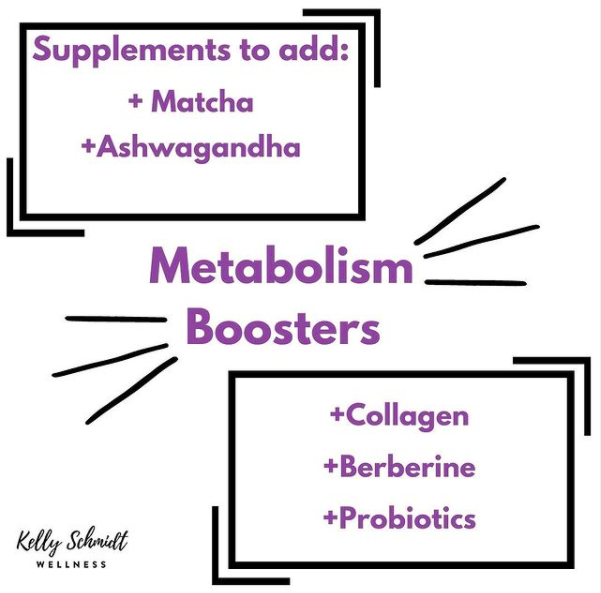Inspired by a Lunch&Learn I just led for a local corporate company, here I am spelling things out for the multi-billion dollar supplement industry and understanding our needs, where to source them, and more.
Core takeaway on supplements? There are some really good, impactful options, yet, some horrible, waste of money, perhaps harmful options…
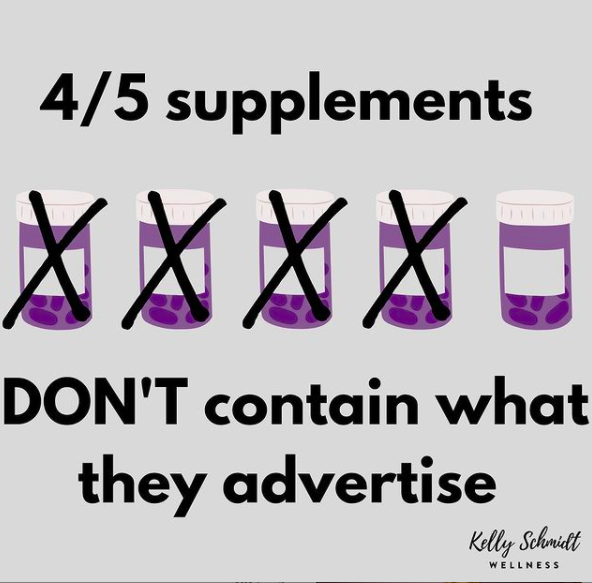
A study led by the New York State attorney general’s office found that 4 out of 5 supplements from GNC, Target, Wal-Mart, and Walgreens did not contain the supplement they advertised.
They did, however, contain ingredients like mustard, WHEAT, radish, and other non-herbal ingredients. Quality is important!
Lesson #1) source products that are 3rd party tested.
Head over to Fullscript where you can find high-quality pharmaceutical-grade supplements. Bonus, once I see you register, I will check in to see if you need help in knowing your specific needs to match your current health goals.
Lesson #2) the supplement world can look like a big bowl of alphabet soup yet targeted supplements can make all of the difference.
Look at this testimonial below, which showcases a client’s feedback after doing my 30-Day Blood Sugar Rest.
(Some background: this client was someone who always resorted back to doing a Whole30 30-day program to reset habits in hopes to lose weight. I asked her to give my program a try with an open mind, which too, had a meal plan, daily support plus targeted nutrition. She got far more than a reset of habits…)
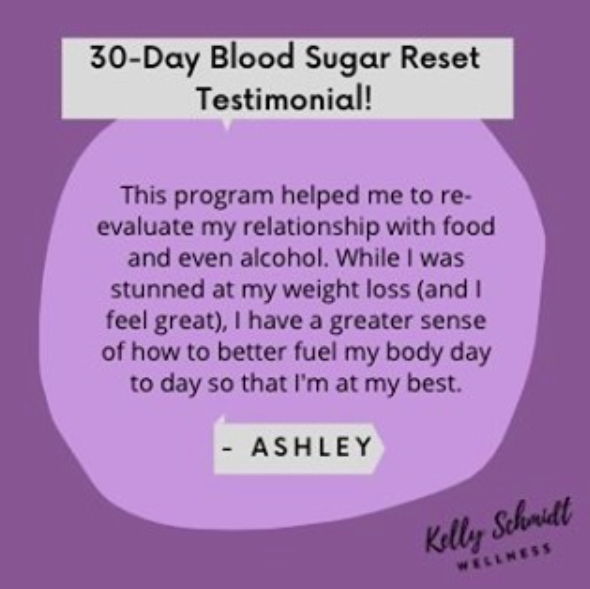
Lesson #3) I’ve created this cheat sheet as a starting guide. You don’t have to figure out your targeted supplement needs on your own. I can help. Yes, I will get a small margin on your purchase, but I will also provide a discount. Register an account on Fullscript to begin. You can also email me directly with questions: [email protected].
Note, we can’t out-supplement a poor diet. Supplements are more effective with a healthier, whole food diet. They shouldn’t act as band-aids.
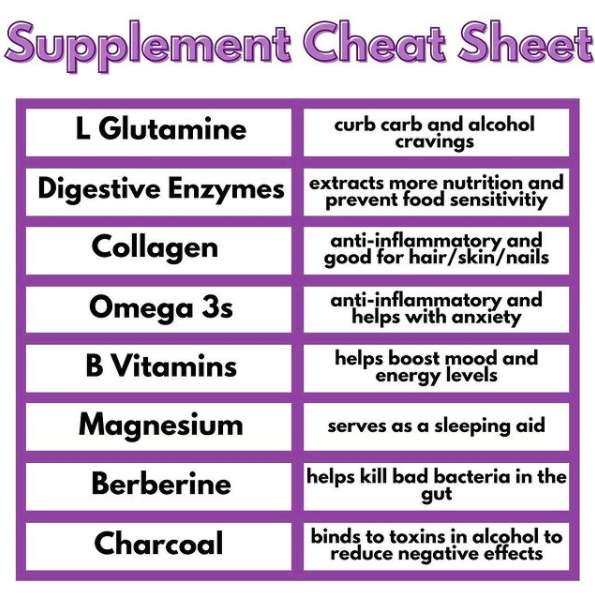
Lesson #4) targeted supplements can facilitate results. Depending on if that healing the gut, losing weight, improving stress and sleep, supplements are a tool to help you along the way.
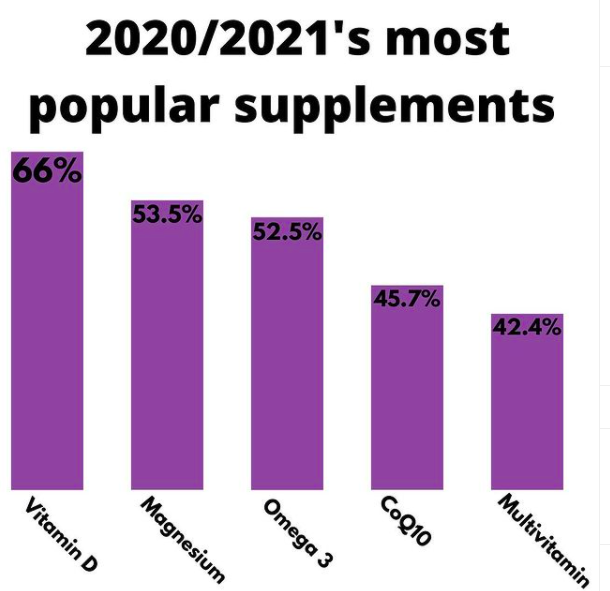
- Vitamin D: great for bone health, reduced risk of heart attack, stroke, asthma, allergies, and reduces inflammation.
- Magnesium: supports sleep & the nervous system. While most Americans are deficient, if someone drinks alcohol, has diabetes, or a disease of the digestive tract, this is an ideal nutrient to supplement with.
- Omega 3: reduces inflammation. It is readily available in foods like fish and walnuts, but many Americans have an abundance of omega 6 fats and need omega 3s to balance it out.
- CoQ10: this is a digestive enzyme that is great for people with high cholesterol, mitochondria health (aging) and much more.
- Multivitamin: while this takes up a majority of the supplement industry, it’s not one I recommend often in practice. I more so, look at an individual’s goals, medical hx and suggest targeted nutrients.
Lesson #5) You are your own best advocate. Ask questions and know the motivation behind your habits, including taking a daily vitamin. Which supplements do you use? Do you know why you take what you do?
